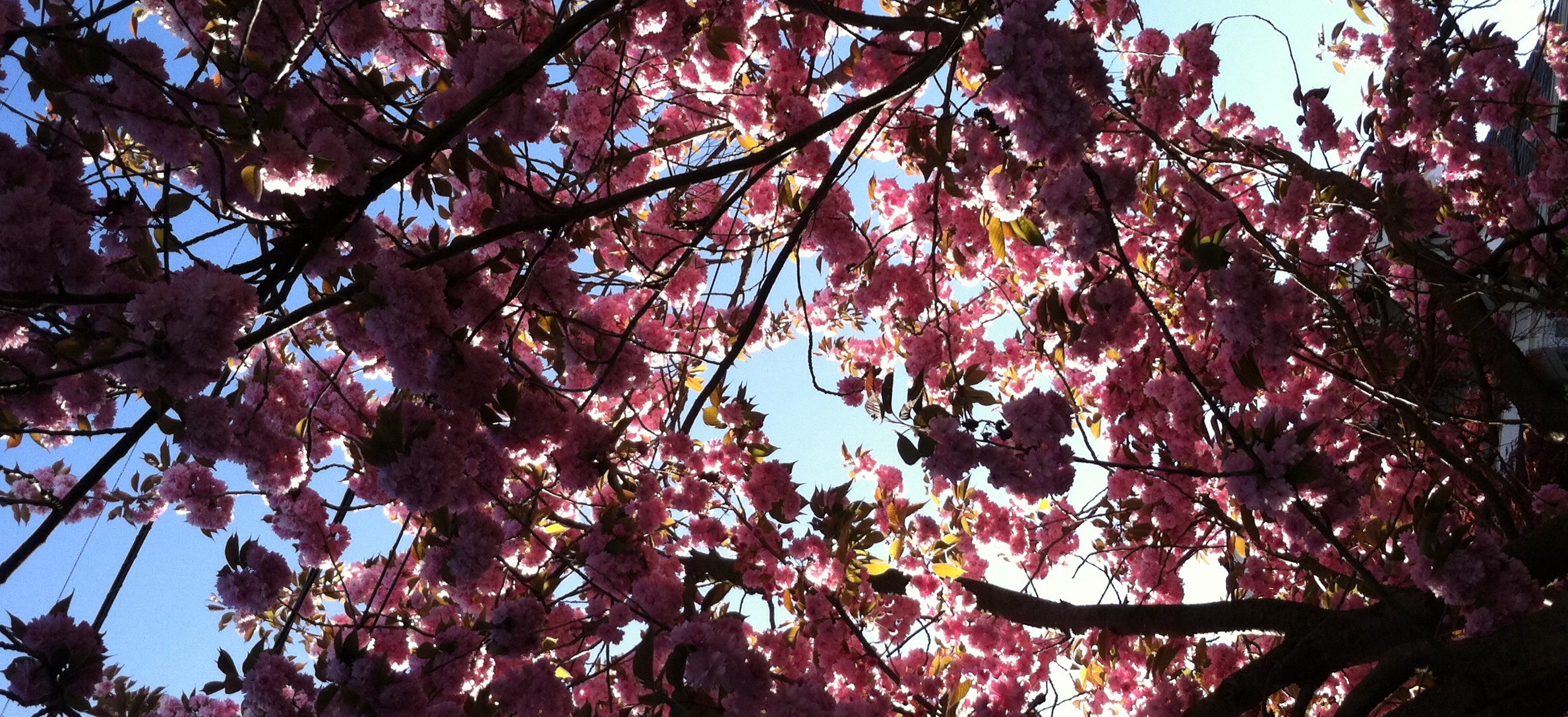Since this week’s National Poetry Month haiku comic features a theme of concern for insects, it seems appropriate to recommend a haiku poet who is one of the masters of that particular form: Kobayashi Issa. Considered one of the four greatest Japanese haiku masters, Issa was born in 1763, and is known for his many poems featuring themes of what I’d call “pessimistic optimism”.
While I don’t know the details of his biography, he’s somewhat noted for the personal struggles that befell him through his life– the early loss of his mother, a difficult childhood, the deaths of at least four of his children, financial instability, several marriages, and the loss of his home in a fire during the last months of his life. Such trials were not unique to him, of course– even today with modern medicine loss touches us all, but Issa persevered, writing and drawing through his grief. To me, he seems to write poems that look to the bright side of life, while acknowledging the reality of the struggles we all face.
Overall, Issa seems to write with a compassionate view of the world– he knows and acknowledges that life can be hard and fate can be cruel, but he doesn’t let himself become hardened against it. Rather than becoming embittered about what he cannot control, he instead becomes the tender caretaker of what he can. Take the following, for example:
come in snail
and live with me…
first winter rainSource— Translated by David G. Lanoue
Here the poet invites a snail into his own home to take shelter from the arrival of the cold weather, as though the snail were a tiny, weary traveller… perhaps an old man carrying his load on his back, caught in the chilly rain, but with miles to go before he can hope to find refuge. Is the reader to believe this snail companion will stay indefinitely– through the entire winter? Did this actually happen? Maybe it did, maybe it didn’t– but it doesn’t matter in haiku. All things are the same, and in this case, perhaps the snail Issa is inviting into the shelter of his home is himself.
Here’s another little haiku for you:
corner spider
rest easy, my soot broom
is idleSource— Translated by David G. Lanoue
A poem after my own heart, of course! If the house spider is of no harm to the human, why chase it away? Perhaps if the spider’s home is not swept away by some vast, external force, the poet’s home will not be either.
If you want to learn more about Issa, or read more of his poems, head to your library– he’s one of the most well-known Haiku poets in Japan and elsewhere, so he shouldn’t be too difficult to find, at least as haiku goes. But if you want some web resources, I think I can recommend “Haikuguy.com. I’ve only just found the site myself today, but it looks like quite an extensive english-language database of Issa’s work, translated by Mr. David G. Lanoue, who is evidently a professor at Xavier University of Louisiana. The two verses included with this post are Mr. Lanoue’s translations, so check out his site for more! One thing I particularly appreciate about the site is that the original Japanese verses are included– my Japanese isn’t up to snuff enough to read the source material, but I like knowing it’s there, and it’s informative for me to “reverse engineer” the translations for my own linguistic edification.
